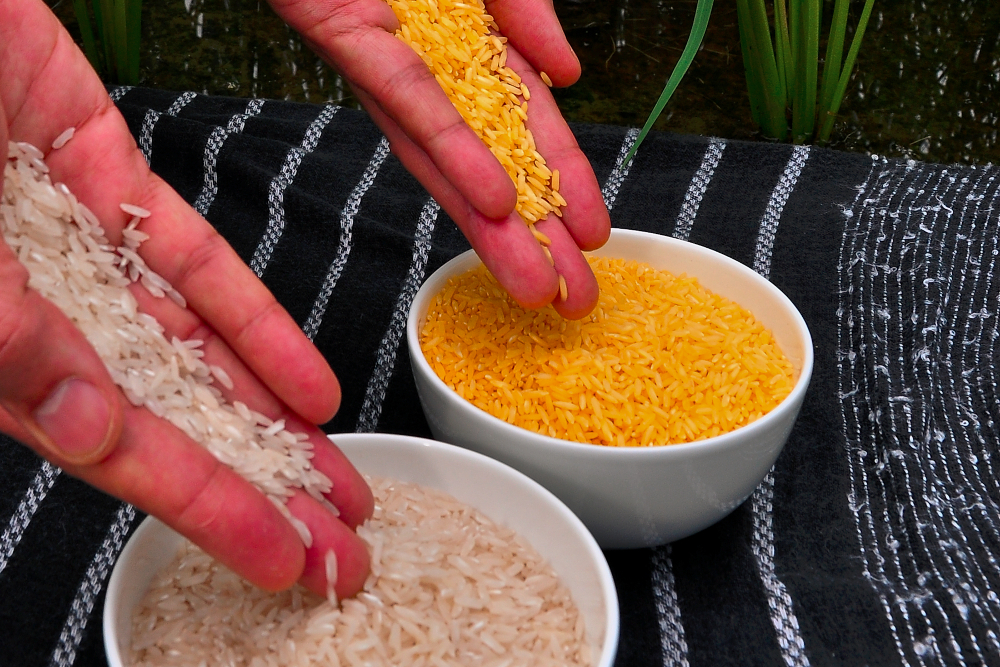
Latin American Scientists Slam Nobel Laureates over GMO Crops Support
The Union of Latin American Scientists Committed to Society and Nature (UCCSN-AL) has rejected Tuesday the recent letter signed by several Nobel Prize laureates in favor of genetically modified crops and the transgenic rice called “golden rice.”
September 21, 2016 | Source: Sustainable Pulse | by
The Union of Latin American Scientists Committed to Society and Nature (UCCSN-AL) has rejected Tuesday the recent letter signed by several Nobel Prize laureates in favor of genetically modified crops and the transgenic rice called “golden rice.”
About GM crops
The UCCSN-AL reaffirms the principles under which it was formed:
[transgenesis] cannot be considered an advanced science anymore because it is based on fallacious and anachronistic assumptions. Its defenders have oversimplified the scientific rationale behind GMOs to the point that the technology cannot be considered valid anymore: they have discarded rigorous science. The lack of scientific ground that justifies GMOs is also the reason why its promoters deny complex systems of knowledge, such as indigenous peoples cultures and livelihoods. Transgenic technology is the geopolitical instrument for colonial domination of our time.[1]
On the increase of productivity to feed a growing population
The four GM crops that are marketed massively are mainly intended for the production of biofuels and animal feed for poultry, pork and beef cattle industries: activities that consume more than 65% of the GM corn and soybean produced in the few countries that grow them, a very inefficient system—from an energy point of view—of agricultural production. Around these crops there is an oligopoly of transnational corporations that control the production of seeds and grains; the storage, transportation and marketing of genetically modified commodities; and the mass production of animals, which are increasingly concentrated in fewer hands. In this regard, it is clear that this model does not contribute to the goal of feeding the world, but instead competes with and overpowers traditional food production.
On the other hand, the problem of lack of food is not caused by low production, but by the way the world food system is designed. It has undermined the traditional systems of food production, and therefore nutrition and food sovereignty of peoples.
